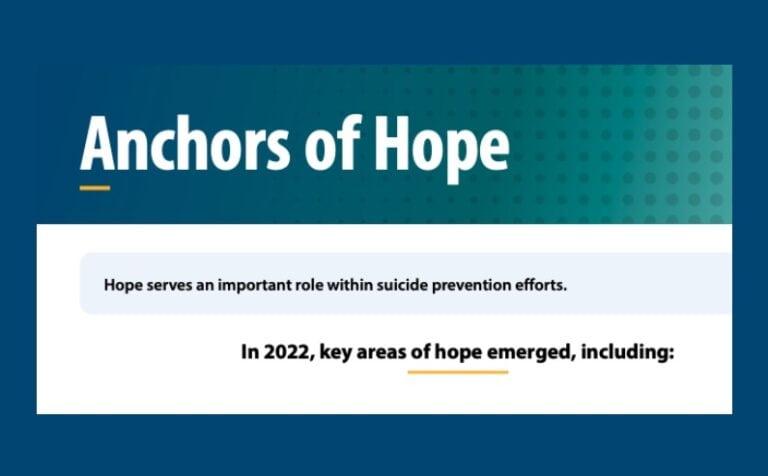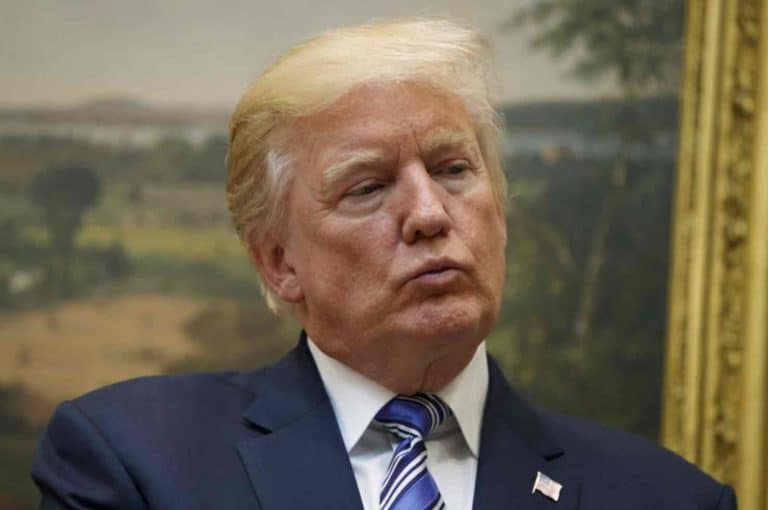Scrutinizing the VA’s Efforts to Combat Veteran Fraud
The Department of Veterans Affairs (VA) has long claimed to be a staunch defender of veterans’ interests, particularly in protecting them from fraud and abuse. However, a closer look reveals significant gaps and challenges that cast doubt on the effectiveness of the VA’s initiatives. This article delves into the VA’s ongoing efforts and the real-world impact on veterans.
VA’s Fraud Protection Measures
The VA has implemented several measures to combat fraud, including sophisticated cybersecurity protocols and public awareness campaigns. These efforts are aimed at safeguarding veterans’ personal information and financial assets from predatory schemes. Despite these measures, reports and case studies suggest that fraud targeting veterans remains a persistent issue.
The Role of Technology and Cybersecurity
While the VA boasts advanced cybersecurity systems, breaches and data leaks continue to plague the department. Recent incidents have highlighted vulnerabilities that malicious actors exploit, raising questions about the robustness of the VA’s technology infrastructure. Critics argue that the department’s response to these breaches has been reactive rather than proactive.
Public Awareness and Education Campaigns
The VA’s public awareness campaigns are designed to educate veterans about common fraud tactics and preventive measures. However, the reach and effectiveness of these campaigns are debatable. Many veterans, particularly older ones, may not access or fully understand the digital resources provided. This digital divide leaves a significant portion of the veteran population vulnerable to fraud.
Coordination with Law Enforcement
The VA collaborates with federal and state law enforcement agencies to track and prosecute fraudsters. While these partnerships are crucial, the sheer volume of fraud cases often overwhelms the system. This backlog results in delayed justice for many affected veterans, further eroding trust in the VA’s protective measures.
Real-World Impact on Veterans
Despite the VA’s initiatives, many veterans still fall victim to sophisticated scams that strip them of their life savings and benefits. Personal testimonies from affected veterans paint a grim picture of the emotional and financial toll of fraud. These stories underscore the need for more effective and comprehensive strategies to protect those who have served.
Moving Forward: What Needs to Change?
To better protect veterans, the VA must adopt a more proactive stance. This includes enhancing cybersecurity measures, increasing the reach and effectiveness of public awareness campaigns, and improving coordination with law enforcement. Additionally, the VA should consider more personalized support for veterans to navigate potential fraud risks.
Conclusion
The VA’s efforts to protect veterans from fraud, while commendable, are far from foolproof. As fraud tactics evolve, so too must the strategies to combat them. A critical and transparent evaluation of the VA’s current measures is essential to ensure veterans receive the protection they deserve.
FAQs
1. What steps does the VA take to protect veterans from fraud?
The VA employs cybersecurity measures, public awareness campaigns, and collaborates with law enforcement to protect veterans from fraud.
2. How effective are the VA’s cybersecurity measures?
While the VA uses advanced cybersecurity protocols, recent data breaches indicate significant vulnerabilities that need addressing.
3. How does the VA educate veterans about fraud prevention?
The VA conducts public awareness campaigns, providing digital resources and information to help veterans recognize and avoid fraud.
4. What challenges does the VA face in combating veteran fraud?
Challenges include technological vulnerabilities, limited reach of educational campaigns, and a high volume of fraud cases overwhelming the system.
5. How can the VA improve its fraud prevention efforts?
The VA can enhance cybersecurity, extend the reach of awareness campaigns, improve law enforcement coordination, and offer personalized support to veterans.






Whole system itself is a fraud. Give every veteran UBI for health insurance and wrap it up. That system will NEVER work because they are protected by the government. They can do whatever they want or don’t want or treat people any sort of way and they’re protected. With veterans UBI, we can buy insurance, and get treated anywhere. If we don’t like one place…we can go somewhere else. We won’t be forced to deal with people we don’t want to deal with AND we can always find healthcare so denial of care won’t be an issue. VHA employees can go find work elsewhere because the demand is still there. Don’t hand me the “it creates jobs” bullshit.
Combat fraud by VA employees and leadership. Make “orientation” about telling veterans what they can and can’t expect VA to do for them. Otherwise, they’ll have to diagnose everyone as delusional for assuming it’s an actual healthcare system where they can go and get services if they have a problem.